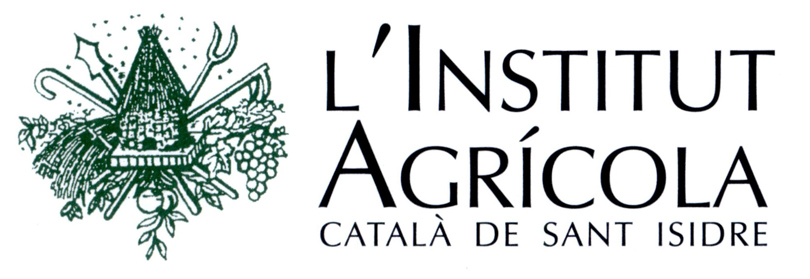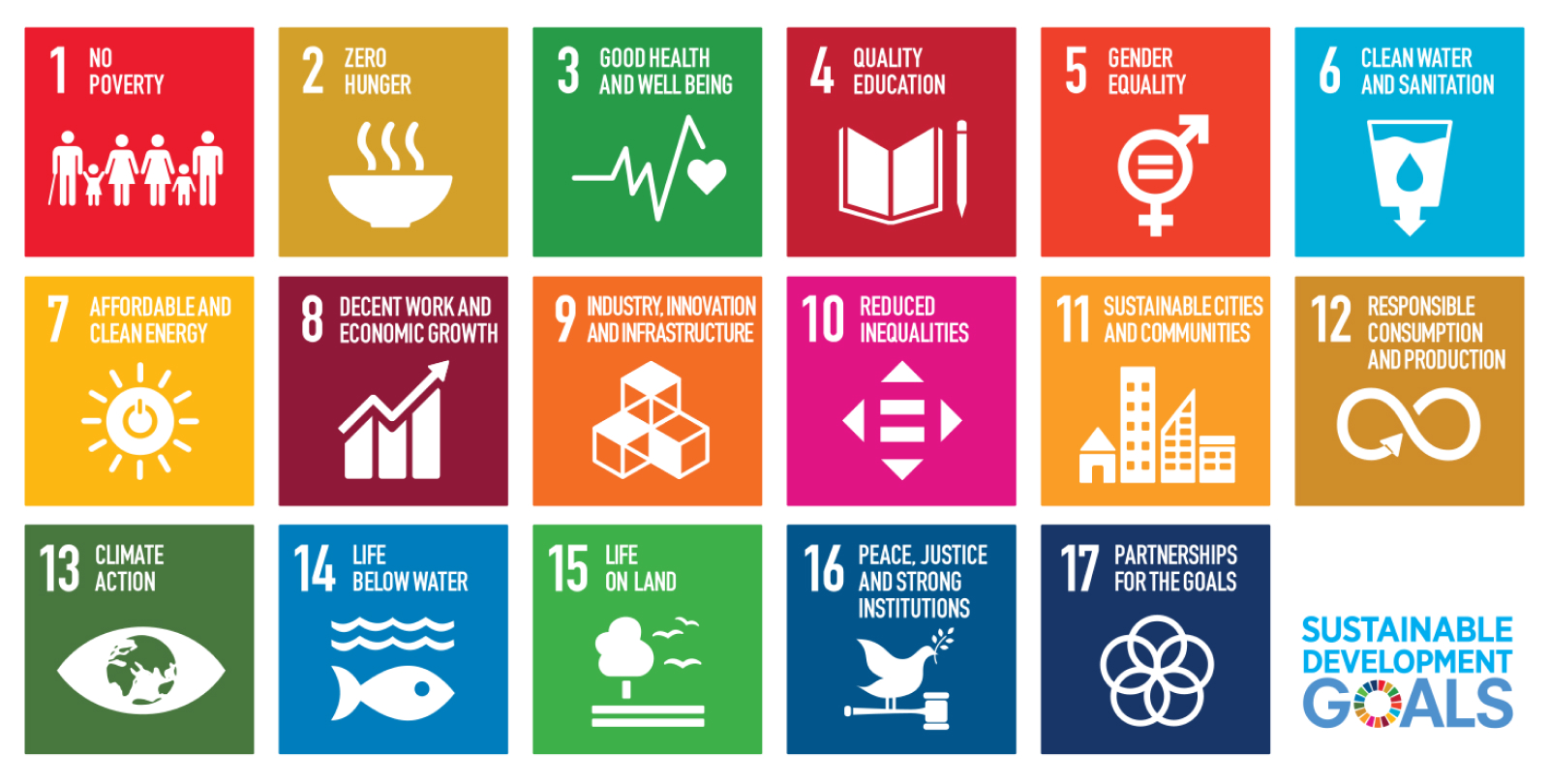About us
Catalan employer organitsation of agricultural, agri-food and forestry business
- Defend the economic and business activities of our members by guaranteeing the balance between the agricultural, agrif-food and forestry business and its environment.
- Work to provide a favorable environment that allows the rural population to be productive and economically self-sufficient to stay in the territory.
- Promote that agricultura companies are economically sustainable, technically efficient, socially just and respectful of the envirnment.
- Collaborate with the Administration to improve and reform laws or propose new ones.
- Contribute to the economic development of the agro-rural sector: defense of private property and defense of the market economy.
Values
- Dialogue. We defend public and private dialogue as a tool for economic and social development.
- Private initiative. We believe in the essential role of private and business initiative as an engine for development.
- Innovation and competitiveness. We encourage innovation and competitiveness as a guarantee of economic and social progress.
- Business value. We claim the social value of agricultural, agro-industrial and forestry companies in the framework of a welfare society.
- Social responsibility. We promote the social responsibility of business.
- We are committed to the economic and human development of rural areas.
How L'Institut works
L’Institut Agrícola is an economic entity with a pro-European vocation and, as such, defends the ideals and values of the European Union
With a transversal vision within the European Framework
For the benefit of the economic development of companies in the agri-food and forestry sector
Defending private property and the market economy
In a transversal vision within the framework of the Agenda 2030
Agriculture also as a transversal axis in the achievement of the Sustainable Development Goals
Line of work
Ecological transition – Green Deal:
A roadmap to provide the EU with a sustainable economy and that addresses the ecological transition around different pillars:
Rural depopulation
Rural areas have been losing population in a sustained way in the last 30 years. This tendency, which although logical and reasonable, part of it is due to the lack of means in many rural areas which means that they are in unequal conditions to compete with urban areas when it comes to attracting capital and talent.
Apart from traditional aid via subsidies and rural development funds, there is an urgent need for a comprehensive plan that ensures that rural areas have the essential digital infrastructure as well as a fiscal framework that recognizes the difficulties that the citizens of these areas face cope with basic services (education and health), so that they can compete with greater equality of conditions.
Common Agricultural Policy (CAP)
It is one of the largest items in the European budget (close to 30%), and one of the pillars that determine the major dynamics in the bulk of agents in the sector in all countries. The great challenge for the future of the CAP is to make it more and more functional, that is to say, without renouncing the protection and balance between agricultural activity and the environment. This policy must increasingly include economic criteria that ensure its competitiveness and economic sustainability.
Water
Water is the fuel of the sector, the most basic resource for life on the planet. Without water there is no agriculture. This is a capricious resource. The distribution is tremendously uneven. In some cases, we are faced with a problem of simple scarcity: for example, in deserts and arid areas where it simply does not rain. However, the bulk of the problem with regard to water does not derive so much from its scarcity (lack of rain) but from its poor management (inefficient institutional framework, perverse incentives, distorted prices, etc.). Addressing the issue of water management in an integral, creative and integral way is a strategic issue for each country and for Europe, key to the life and development of the agri-food industry.


